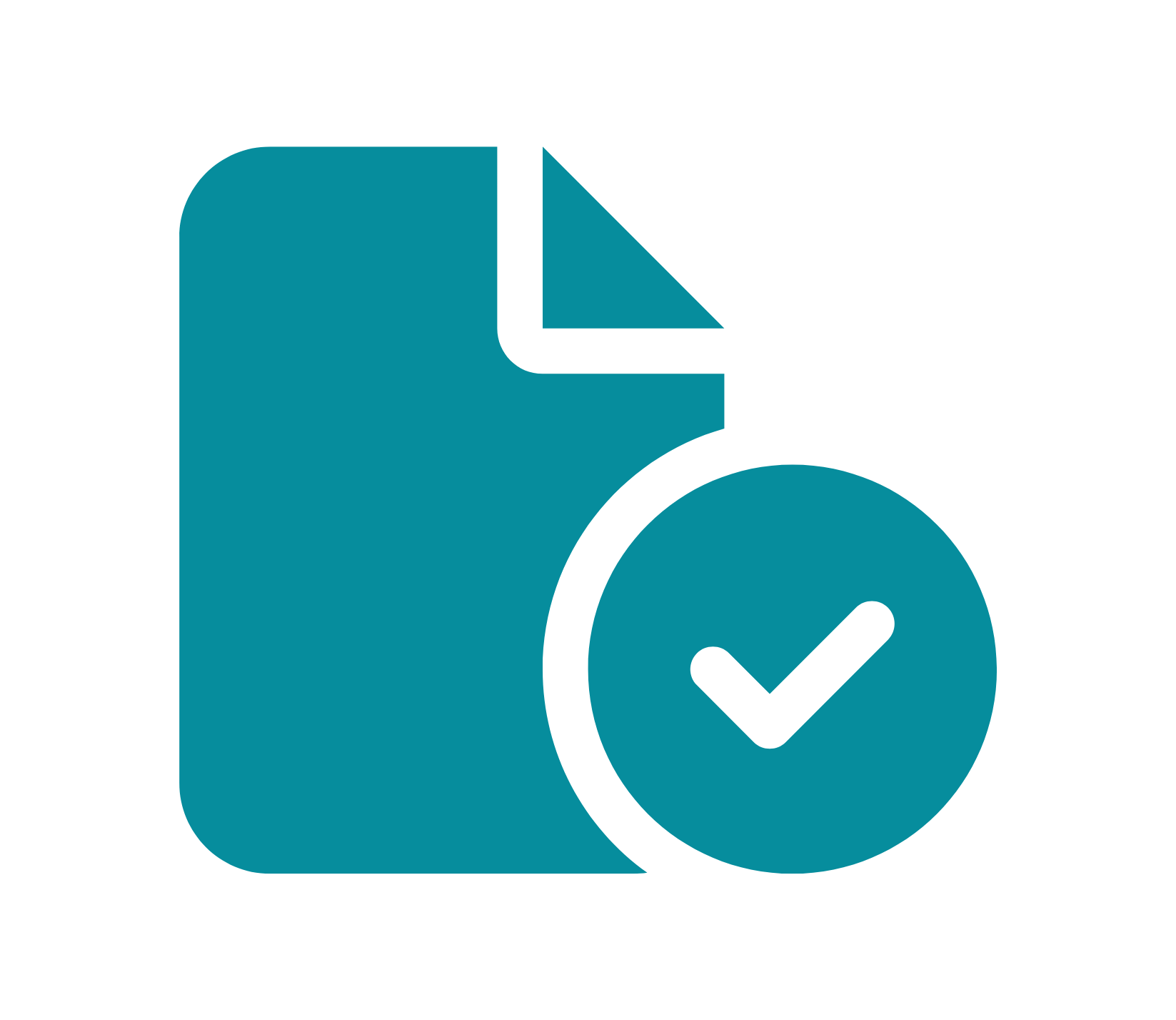Larger companies often have travel managers or travel management departments that liaise between travelers, responsible persons, accounting and HR. They take care of booking and managing business trips, creating travel policies and act as a point of contact for your business travelers in case of problems, cancellations or changes.
But not every company can afford its own travel manager. So what are cost-effective alternatives? In this guide, we’ll look at a few options and give you valuable tips on how to organize your business travel wisely without a travel manager.
What is a travel manager?
A Travel Manager is responsible for booking and managing business travel in a company. He or she books strategic travel services and is also responsible for accounting, receipts and compliance with the travel budget.
The travel manager creates travel policies and defines procedures for bookings and travel. In addition, he or she is always available as a contact person if problems arise during business trips or if changes and cancellations have to be made.
Many travel managers are also responsible for the safety of their travelers. Employees rely on the company to ensure that they are exposed to minimal risk on their business trips and that they have reliable support every step of the way. Travel managers often track their business travelers on the road to ensure that everything is going according to plan.
Why is a travel manager important?
Travel managers not only serve as a point of contact for problems on business trips, but also ensure that a company’s travel policies are followed. They keep your business travelers safe on the road and help with schedule changes and missed flights.
They keep a close eye on your company’s travel budget and provide regular reports to senior management. These, in turn, are important to verify compliance with the company’s travel policies, travel budget and goals.
What is the difference between a travel manager and a travel agency?
Travel managers are internal employees who are responsible for booking and changing travel within your company.
Travel agencies, on the other hand, are external organizations and specialists who take care of your business travel. However, you pay a fee or commission each time you book, and often the rates are not optimal and the customer service is not the best.
What are the main tasks and responsibilities of a travel manager?
Make travel plans
Travel managers are responsible for thoroughly researching business travel to find the best and most affordable travel connections, whether by plane, train or car. They review lodging options, flight routes, and connectivity, then make travel plans for your employees.


Create corporate travel policy
Another important role of a travel manager is creating a corporate travel policy. Your company’s travel policy provides an overview of all relevant data regarding the planning, booking, execution and billing of business travel. All employees should be familiar with it and refer to it. It contains important information on organizational factors and the cost framework, such as allowed travel expenses, preferred booking portals and accounting templates.
Manage expenses and travel budget
The travel manager is responsible for all costs associated with business travel and prepares relevant reports for the board or department heads. They will also ensure that the travel budget set by the company is adhered to and not exceeded.


Analyze data
The data collected during business travel is extremely important to companies. Travel managers use the information to improve the safety of their travelers, negotiate better supplier terms, identify and prevent fraud, or achieve the company’s climate goals.
How can a business reduce its cost of travel?
A company’s travel expenses refer not only to the actual costs of flights, train travel and hotels, but also internet/telephone costs, meals and cab rides. Here it is important that the respective travel policy specifies exactly which expenses are allowed and which are not. Your employees should have easy access to this information.
Many companies use a travel manager to pick out the best and safest deals and create detailed itineraries for traveling employees. But smaller companies, in particular, don’t necessarily have a budget for a permanent employee to handle these matters and perform the above tasks.

What to do when you don’t have a budget for a travel manager?
Have a robust corporate travel policy
A systematic approach is required to manage business trips efficiently and in an optimized manner. Processes must be coordinated in order to be able to plan business trips clearly and securely. A travel policy is helpful here, as it defines how booking and approval processes, travel and hotel criteria, and expenses are to be handled on the road.
Train your employees
The more informed your employees are, the better. They should receive regular training on what to consider when booking their own business trips and how the travel industry works.
Being well-organized is key
There are a lot of nuts and bolts for planning and booking business travel. Trips have to be planned and booked, travel plans have to be created for employees, travelers have to be supported on the road, especially when changes or cancellations occur, and at the same time travel expense accounting has to be managed. To keep organized it helps to have a travel policy and to have a travel management tool that can perform the functions of a travel manager.
Use a corporate travel management tool
If you don’t have an internal travel manager, you can easily use an online travel platform like GetGoing. Here you can book, manage and optimize your business travel with an easy-to-use all-in-one platform.
It’s a self-service system with no installation necessary. In addition, reliable and experienced travel experts are available around the clock to provide detailed advice on questions and problems.
Features include booking, emergency assistance, automated travel policies, security, reporting and data analysis. Your employees and admin staff will be grateful for the support, because using a travel management tool makes it easy to standardize booking processes, and your employees will keep track of the safety of all travelers, as well as compliance with travel policies.
In our comprehensive guide for small businesses, you’ll learn that managing business travel for SMEs doesn’t have to be difficult.

related article
It just comes down to having the right travel management system. And our Customer Success Managers are available to highlight strategic insights for you and further optimize your operations.

